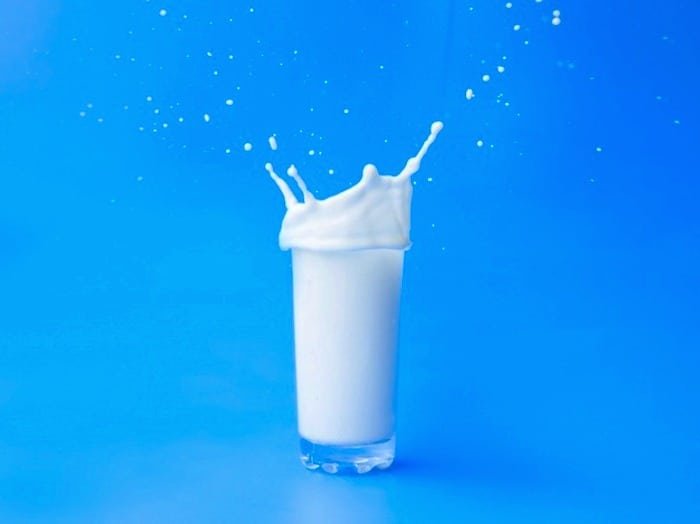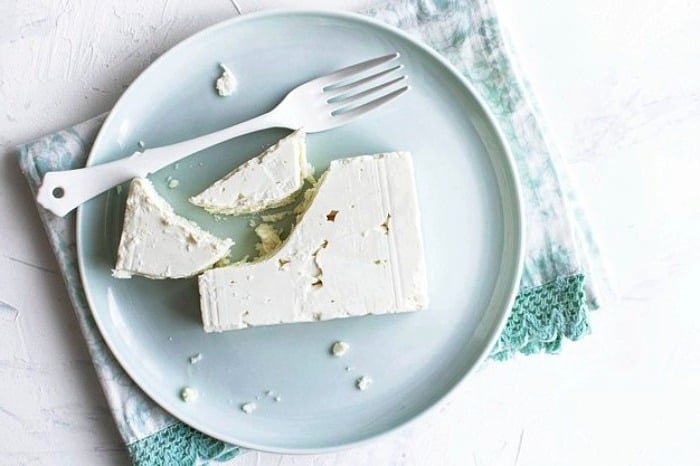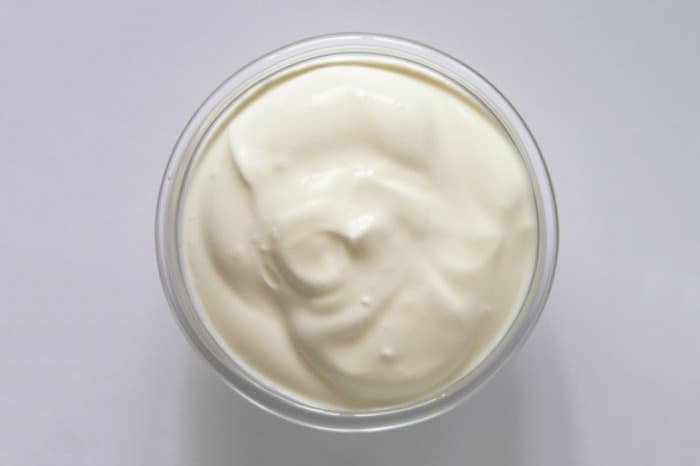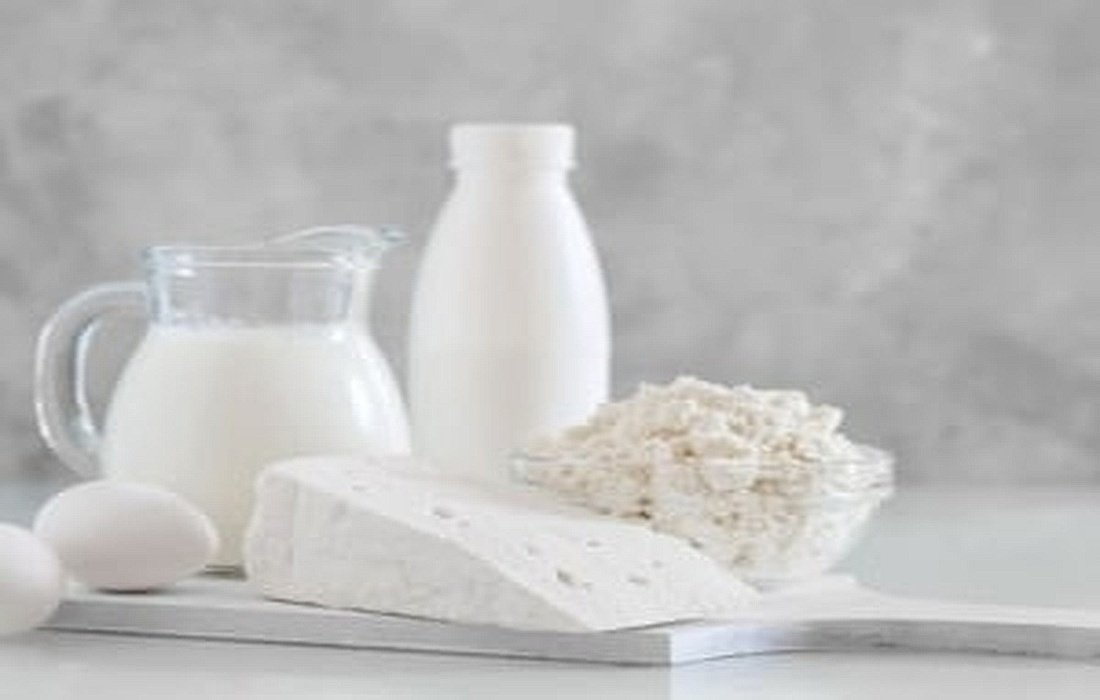MethodDairy Storageand Important Tips to Preserve Their Freshness
Have you ever seen people who can keep their dairy products fresh for a long time? You might have thought about suitable containers for storing milk and eggs to extend their shelf life.EggsYou might also have wondered how to keep them fresh for longer. The next time you go shopping or clean your fridge, make use of the tips from this article about household secrets.Housekeeping SelMagzUse these tips.
Milk
Whenever you need to buy milk, pick it up last so it spends less time outside the fridge. Then place milk and other dairy products in the coldest part of the refrigerator to minimize warm exposure when opening and closing the fridge.
It’s best to consume milk within a week after purchase, but you can use buttermilk in one to two weeks. Non-dairy milks likesoyandalmondandcoconutshould be consumed within seven to ten days.
When buying milk from the supermarket, make sure the cap is sealed tightly so that its taste and smell don’t change.
Use pasteurized milk instead of raw milk or other dairy products. Even organic raw milk can contain harmful bacteria that may lead to serious health issues.
Ice cream can stay fresh for two to four months unless it’s kept in the freezer, where bacterial growth slows significantly. If making homemade ice cream, use pasteurized eggs.

Keeping Milk Fresh
Add a teaspoon ofbaking sodaor a little salt to your milk carton. This will keep the air around it fresh until you open it, extending its freshness for up to a week.
How to Freeze Milk
If you notice some milk going bad, separate the good portion and freeze it. Ensure that the milk freezes properly.
Rest assured, milk that has been frozen will not taste much different from fresh milk. With this method, you can buy milk in bulk and freeze it for later use.
Cheese
Cheddar, Swiss, and hard cheeses can be stored safely due to their plastic wrapping on both inner and outer layers, maintaining their freshness.CheeseThey can last three to four weeks after being opened.
Remove a portion of the cheese and cut an inch around the edges. You can enjoy the remaining part as long as you don’t re-wrap it with used plastic; the plastic must be new after use.
Processed cheeses can also last three to four weeks in the fridge.
Pregnant women, children, teens, and individuals with weak immune systems should avoid unpasteurized cheese, so always read the labels.
Soft cheeses generally have a shorter shelf life compared to hard cheeses.
Cream cheeses,stuffed cheeses,and ricotta can be used up to a week after being opened.

Eggs
- Never use raw eggs. As mentioned earlier, when you buy eggs, ensure the carton is cold, and the eggs are not cracked or broken.
- Store the eggs in a very clean package and place it in the coldest part of the fridge.
- Eggs can be safe to consume three to four weeks after being refrigerated.
- Hard-boiled eggs last about a week in the fridge. If you’re looking for raw cheese forCaesar saladmake sure to use liquid pasteurized eggs instead of raw eggs. Additionally, cook eggs to 160 degrees Fahrenheit.
Yogurt
- Check the expiration date on yogurt and you can consume it one to two weeks after purchase.Yogurtcan be used.
- One key housekeeping tip for makinghomemade yogurtis to prevent it from souring; if your yogurt starter is sour, strain it in a cloth until it drips, then add it to warm milk to sweeten it.
- For better-tasting yogurt, use a ceramic pot.
- To prevent yogurt from souring, do not leave it at room temperature.

Storing Butter and Cheese
Butter should be quickly placed in the freezer but should not be close to other foods as it absorbs their odors easily. Ensure it’s stored in a tightly sealed container.To prevent butter from turning rancid, it’s best kept in a butter dish or airtight container.If making local butter from yellow oil, melt the butter in a pot, then drop in a peeled
onion
until cool, and pour it into a jar or ceramic container. Don’t forget to skim the top.To slice moldy cheese, use a clean knife dipped in vinegar to ensure bacteria on the knife are removed. Soak both sides of the knife invinegar
to eliminate any harmful microbes from being transferred to the cheese.Storing Dairy ProductsFreezing Milk







